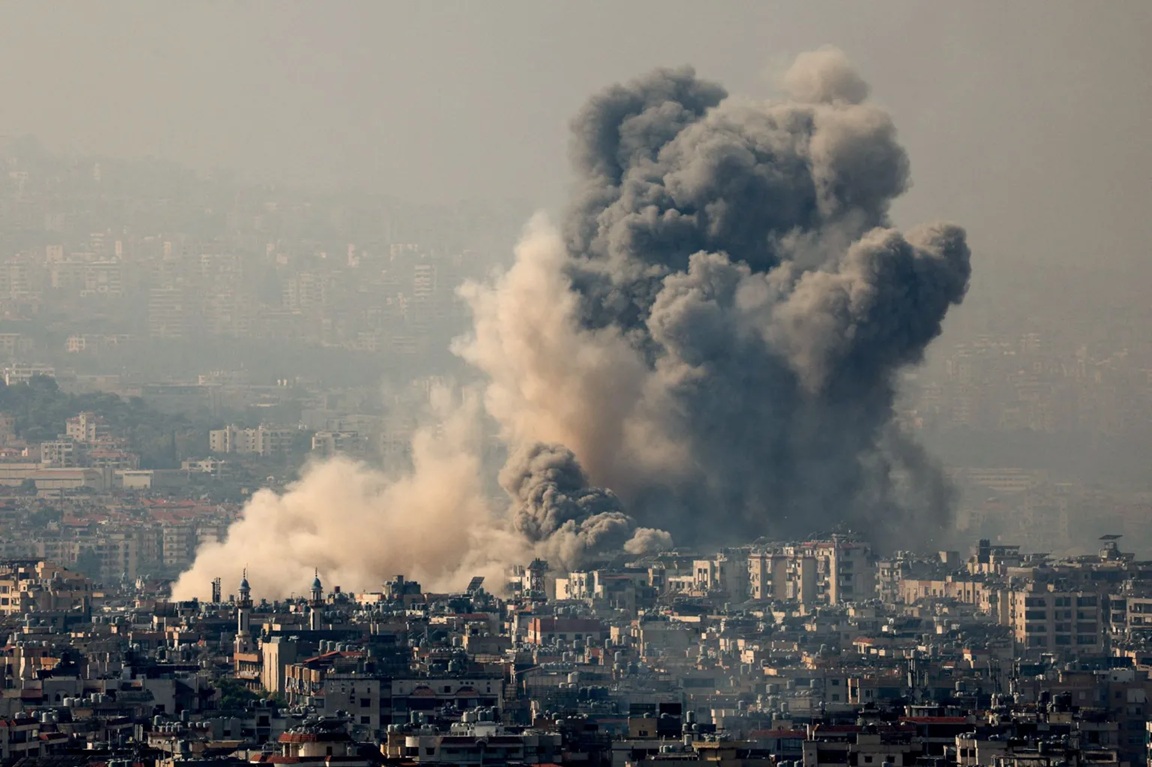
The New York Times accusations of Russia allegedly offering bounties to members of the Taliban movement for killing American soldiers in Afghanistan resulted in increased anti-Russia sentiment in the US. The Donald Trump administration will likely be under pressure to impose fresh packages of sanctions against Moscow, even though some top US generals cast doubt on the Russia-Taliban bounty story.
By Nikola Mikovic
General Kenneth McKenzie, the chief of US Central Command, said that the Russia-Taliban bounty intel is not proven, which is something that the Kremlin has been insisting on since the story was first published by the US media. The Taliban leaders also denied its links with Moscow regarding this matter, although the Afghan movement and Russian officials established relations almost 25 years ago.
It is worth nothing that last year, a Taliban delegation met with Russian officials in Moscow after the US negotiations with the Afghan insurgents collapsed as the US President Donald Trump declared the talks “dead”, blaming a surge in violence by the Taliban that included the killing of an American soldier.
This does not necessarily mean Russia and the Taliban made secret deals on killing the US troops. Moscow is likely trying to strengthen its own position in Afghanistan, but without provoking the United States. In spite of the official Western narrative on “Russian threat”, in reality Russia is too weak to confront the major global power, which is why it often makes various concessions to its “dear Western partners”.
America’s longest war
Trump, on the other hand, has apparently been eager to end America’s longest war, launched 18 years ago after the September 11 attacks. He repeated on several occasions that he wants to pullout the US troops from Afghanistan. However, he also said that he wants the American forces out of Syria, but a small contingent of the US troops is still in the Middle Eastern country. It remains to be seen if all US troops will be withdrawn from Afghanistan, or if a certain number will stay to “protect poppy fields”.
In any case, the current US administration is not trying to impose Western values to Afghanistan. Instead, it took a more pragmatic approach. Washington is ready to cooperate with the Taliban in order to protect its geopolitical and financial interests in the region. Russia, on the other hand, reportedly fears the US may eventually decide to maintain a permanent base in Afghanistan from which it could plunder Central Asia’s mineral resources and also encircle Iran. Also, according to the Kremlin officials, Russia is worried about the increased terrorism activity in Afghanistan's northern provinces, close to the borders of former Soviet republics such as Tajikistan and Uzbekistan.
Ipsos Poll
A majority of Americans, on the other hand, believe that Russia’s interests in Afghanistan are threat to the US national security. According to an Ipsos poll, overall, 60 percent of Americans said they found reports of Russian bounties on American soldiers to be "very" or "somewhat" believable, while 21 percent said they were not credible and the rest were unsure.
Eighty-one percent of Americans said they viewed Russian President Vladimir Putin as a threat to the United States, including 24 percent who saw him as an "imminent threat." Only 35 percent said they approved of Trump's handling of Russia, compared with 52 percent who disapproved. Fifty-four percent said the United States should punish Russia with economic sanctions, while 9 percent supported strikes on its military, another 9 percent wanted to move on and try to improve relations with Russia, and 29 percent said they were not sure.
Although The New York Times article may not major news any more, it certainly had a strong influence on the US public opinion, as well on the US allies. The United Kingdom reportedly identified 25 "notorious" Russian individuals and organizations to be sanctioned under its first post-Brexit targeting of accused human rights violators.
Also, the European Union officially extended its sanctions against Russia for another six months, and it is a matter of time before the United States impose a number of the anti-Russian sanctions. The Kremlin, as usual, will threaten to response, although its unlikely response is expected to be very calculated and limited.
Nikola Mikovic is a Serbian journalist and a senior Geopolitical Analyst.






